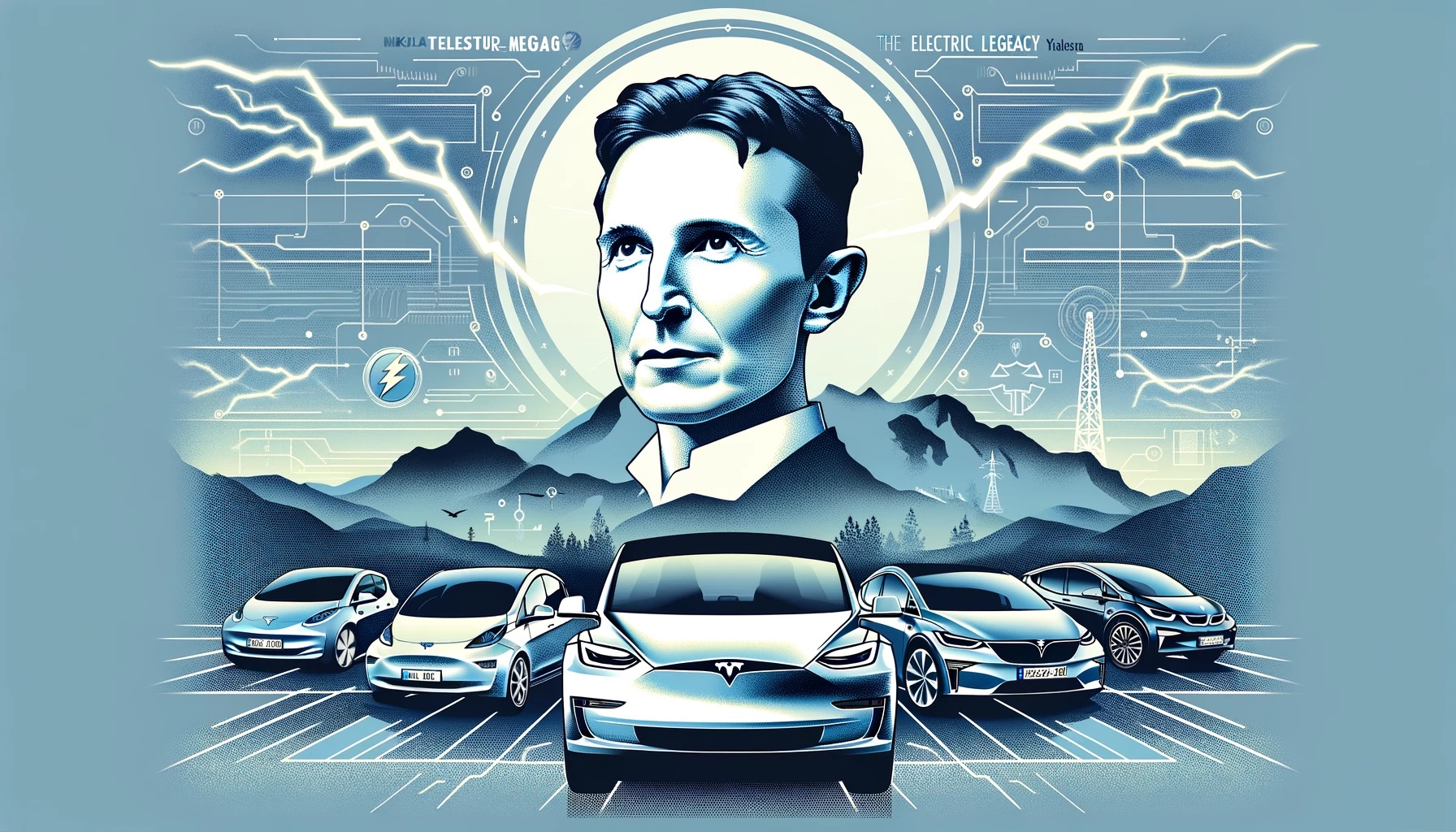Tesla interrupts its sponsorship program as of April 30
[ad_1]
Tesla, the electric automobile giant renowned for its innovative marketing approaches, has announced the discontinuation of its global sponsorship program as of April 30. The move marks a turning point in Tesla’s business strategy and raises important questions about the future of incentives in the electric vehicle (EV) sector and customer loyalty.
Understanding the Tesla Referral Program
Set up to drive word-of-mouth sales, Tesla’s referral program rewarded existing customers who attracted new buyers. Rewards ranged from recharge credits and exclusive vehicle accessories to the opportunity to send personal messages into space aboard a SpaceX rocket. This incentive program not only drove purchases but also helped create a community of Tesla fans, playing a key role in the brand’s rapid growth and market penetration.
Reasons for interruption
Although Tesla has not publicly communicated the specific reasons for this decision, several factors likely influenced the termination of the program:
Cost efficiency
Maintaining a referral program can be expensive, especially when the rewards are as extravagant as those offered by Tesla. As the company continues to increase production and seeks to achieve profitability in a competitive market, cost reduction becomes a priority.
Market saturation
As Tesla becomes a mainstream brand, the need for a referral program diminishes. With brand recognition at an all-time high and a strong market presence, the initial boost provided by the referral program may no longer be necessary.
Change in marketing strategy
Tesla could reallocate its marketing resources toward more direct and broader-spectrum advertising platforms, or toward digital marketing strategies that can engage broader audiences without requiring intermediary incentives.
Impact on consumers
For current and future Tesla owners, the end of the referral program means the loss of potentially valuable perks that made buying a Tesla more attractive. This could also lead to a shift in consumer perception of the brand, potentially seen as less community oriented.
Wider implications for the EV market
Tesla’s move could set a precedent for other companies in the EV sector. Competitors could see this as an opportunity to introduce similar programs to capture Tesla sponsors or could also scale back their programs, following Tesla’s lead into a new phase of market evolution.
Conclusion: adapting to change
The end of Tesla’s sponsorship program reflects its evolving business strategy and adaptation to its growing market dominance. While this may disappoint some fans and customers, it’s part of a broader trend where automakers are reviewing and adjusting their incentive programs as the EV market matures. Consumers will need to take a closer look at the core value propositions of EVs—such as environmental benefits, technological innovations, and savings on fuel and maintenance—beyond the benefits of sponsorship programs.
As Tesla continues to innovate and lead in the EV industry, its marketing strategies will likely continue to evolve, setting trends and potentially influencing how competitors engage and incentivize their own customers.
[ad_2]
Source link
